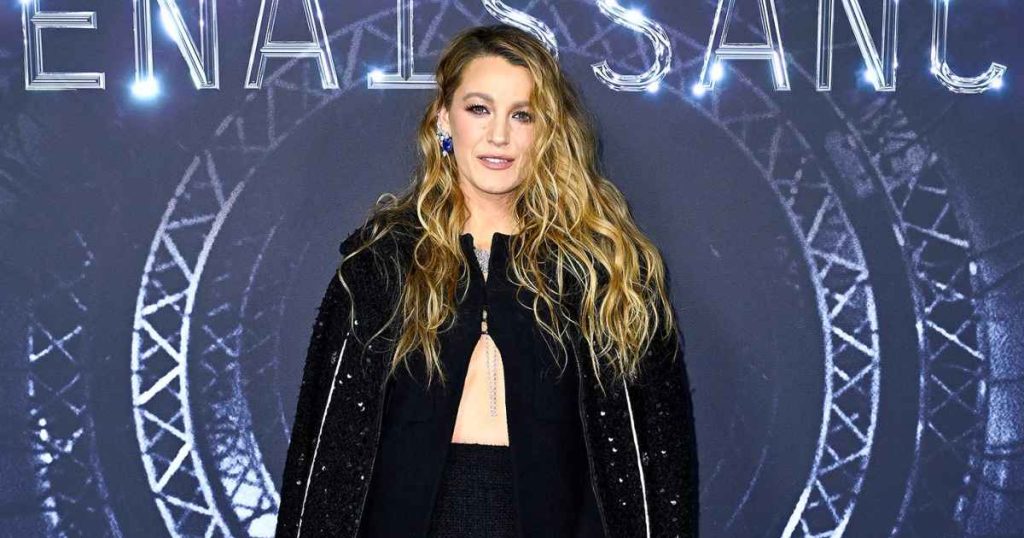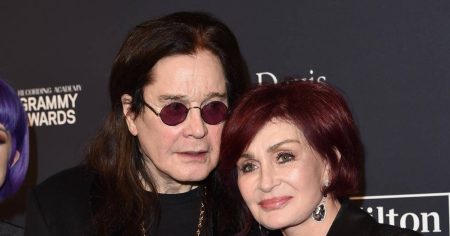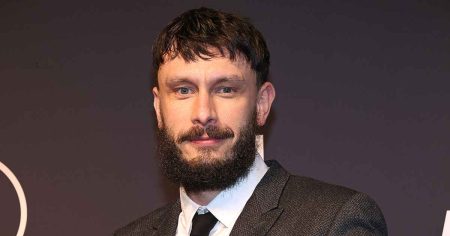Blake Lively, the renowned actress, recently reemerged on social media following a period of absence prompted by a high-profile legal battle. Her return was marked by a compassionate gesture, as she used her platform to highlight resources for victims of the devastating wildfires ravaging Los Angeles. Lively shared links to the Mutual Aid LA Network, an organization providing crucial support to those displaced and affected by the disaster. This act of public service underscored her concern for the community, even amidst her own personal challenges. Her husband, Ryan Reynolds, echoed her sentiments, further amplifying the message and encouraging aid for those in need. Their combined efforts illustrated the power of celebrity influence in directing attention and resources towards critical causes. The wildfires, fueled by powerful Santa Ana winds, had caused widespread destruction, forcing evacuations and leaving a trail of devastation in their wake. Numerous other celebrities also shared messages of support and resources, highlighting the collective concern within the entertainment community. The fires tragically claimed the homes of several prominent figures, including Heidi Montag, Spencer Pratt, Diane Warren, Anna Faris, Paris Hilton, Billy Crystal, and Melissa Rivers, underscoring the indiscriminate nature of the disaster.
Lively’s return to social media followed a period of silence after she filed a lawsuit against her It Ends With Us co-star and director, Justin Baldoni, alleging sexual harassment and a subsequent smear campaign aimed at damaging her career. The lawsuit, filed in December 2024, detailed alleged inappropriate behavior on set and claimed that Baldoni orchestrated a campaign to discredit her after she spoke out. Lively’s legal action seeks to expose what she describes as retaliatory tactics used to silence those who report misconduct, aiming to protect others from similar experiences. The lawsuit names not only Baldoni but also publicists Melissa Nathan and Jennifer Abel, and Wayfarer Studios, implicating them in the alleged scheme.
Baldoni, through his lawyer Bryan Freedman, vehemently denied Lively’s accusations, portraying them as "outrageous" and fabrications. He countered with claims that Lively had leveraged her position, threatening to disrupt production unless her demands were met. Baldoni further escalated the conflict by filing a $250 million lawsuit against The New York Times, which initially reported on Lively’s allegations, accusing the publication of complicity in Lively’s alleged attempts to damage his reputation and career. He asserted that Lively sought to exclude him from the film’s premiere and editing process, further deepening the rift between the two actors. The New York Times defended its reporting, standing by the integrity and thoroughness of its investigation.
The legal battle between Lively and Baldoni has become increasingly acrimonious, with both sides exchanging sharp rebukes and accusations. Freedman, Baldoni’s lawyer, has stated that Baldoni intends to countersue Lively and release text messages between the two as evidence. He maintains that Baldoni never intended to harm Lively but feels compelled to defend himself against what he perceives as false and damaging allegations. Lively’s legal team has condemned Baldoni’s response to the lawsuit, characterizing it as a continuation of the alleged retaliatory tactics. They assert that Baldoni’s team has engaged in "astroturfing," a form of orchestrated online harassment, against Lively in response to her legal action. They remain committed to pursuing the case in court, emphasizing the importance of the rule of law in determining the outcome.
The escalating legal battle has become a public spectacle, with each side vying to control the narrative. Baldoni’s legal team has repeatedly emphasized its possession of "receipts," suggesting they have evidence to refute Lively’s claims. Lively’s team, on the other hand, has accused Baldoni’s team of resorting to "hyperbole and threats" instead of addressing the core issues of the lawsuit. The dispute highlights the complex and often contentious nature of allegations of misconduct in the entertainment industry, where power dynamics and public image play significant roles. The case is likely to continue to unfold in the public eye, with both sides presenting their versions of events and seeking to sway public opinion.
The stark contrast between Lively’s public compassion for wildfire victims and her ongoing legal battle underscores the multifaceted nature of her current situation. While navigating a complex and highly publicized legal dispute, she also demonstrates a commitment to using her platform for good. This duality presents a compelling narrative, highlighting the complexities of public image and the challenges of balancing personal struggles with public responsibilities. The ongoing legal battle between Lively and Baldoni remains a developing story, with the potential for further revelations and legal maneuvers. The case is likely to continue to generate significant media attention and contribute to broader discussions about accountability and power dynamics within the entertainment industry.
Finally, the wildfires continue to pose a significant threat to the Los Angeles area, prompting widespread concern and community response. The devastation caused by the fires has impacted countless lives, and ongoing efforts to provide aid and support remain crucial. The combined efforts of individuals, organizations, and public figures like Lively and Reynolds play a vital role in mobilizing resources and raising awareness about the ongoing crisis. The situation underscores the importance of community support and the power of collective action in times of disaster. The Los Angeles Fire Department website provides continuous updates and alerts about the wildfires, while various organizations offer resources and avenues for those wishing to contribute to relief efforts.










